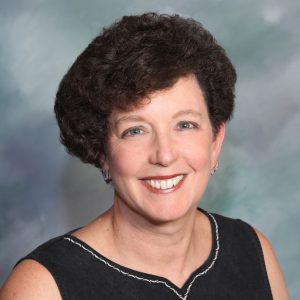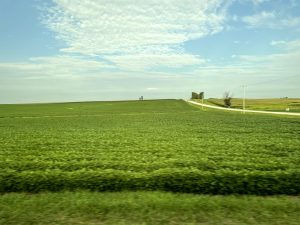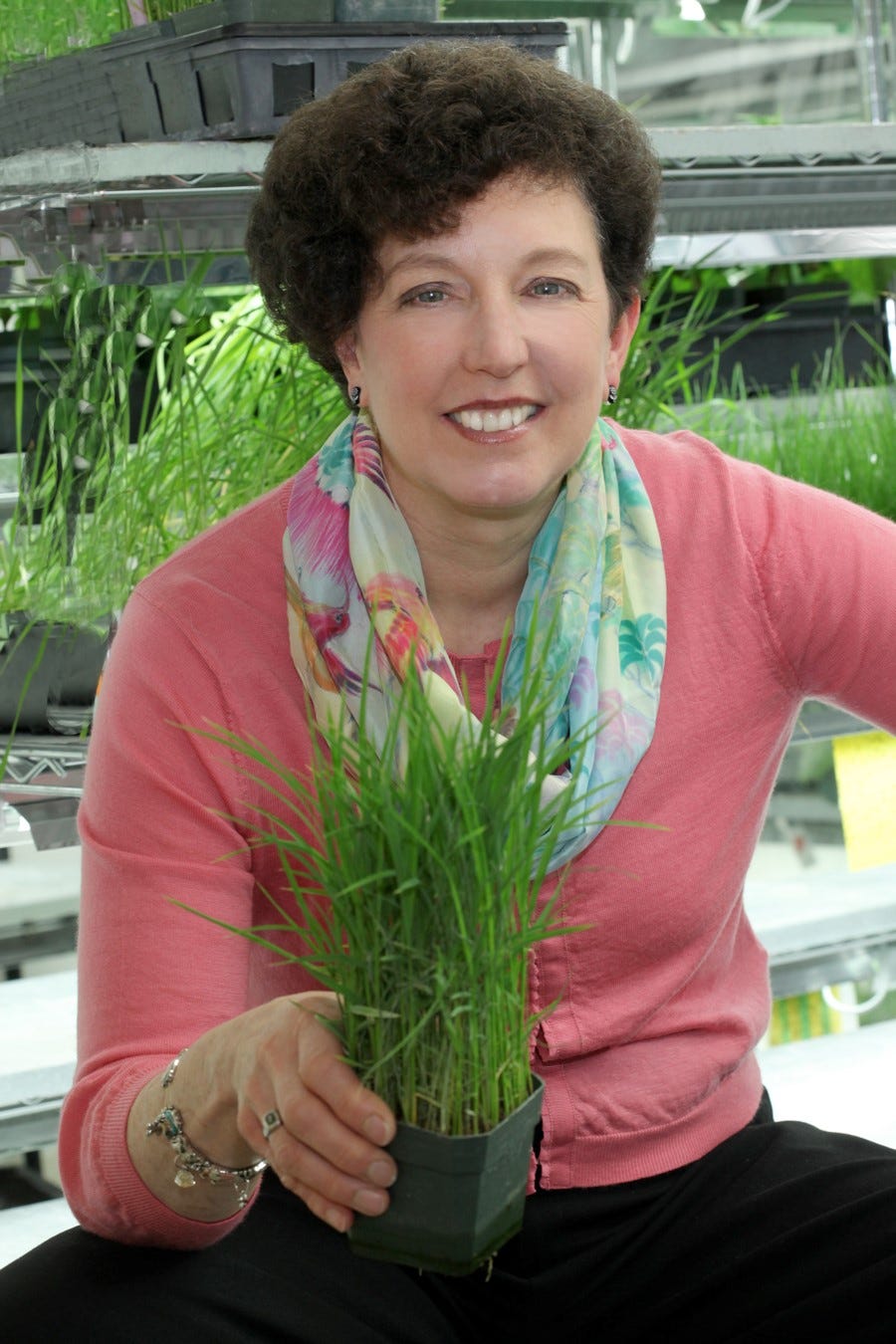 Dr. Marrone’s accomplishments have had an extraordinarily positive impact on the agriculture and food industry. Dr. Marrone started three successful, high-impact agricultural natural product companies (Novo Nordisk Entotech, Inc., AgraQuest, Inc., Marrone Bio Innovations, Inc.,) to bring sustainable, eco-friendly pest control to farmers. At AgraQuest, Keep Reading
Dr. Marrone’s accomplishments have had an extraordinarily positive impact on the agriculture and food industry. Dr. Marrone started three successful, high-impact agricultural natural product companies (Novo Nordisk Entotech, Inc., AgraQuest, Inc., Marrone Bio Innovations, Inc.,) to bring sustainable, eco-friendly pest control to farmers. At AgraQuest, Keep Reading
Pheronym names bioag industry leader Dr. Pam Marrone to board
Marrone brings decades of agtech scale up experience for Pheronym’s next phase
DAVIS, California – August 24, 2021– Pheronym, a bioag/agtech pest management company, has announced it has added bioag industry leader Dr. Pamela Marrone to its board of directors. Marrone will be Pheronym’s first external board appointment. The appointment follows the closing of the Company’s seed funding round in May led by the Sacramento Angels that also included Marrone.
For more than 30 years, Dr. Marrone has been at the forefront of the agtech industry, successfully founding and scaling two bioag companies, Marrone Bio Innovations Inc. (NASDAQ: MBII) and AgraQuest Inc. She is currently a senior fellow for the Swette Center for Sustainable Food Systems at Arizona State University and serves on the Boards of the Foundation for Food and Ag Research, Marrone Bio Innovations and 180 Lifesciences (NASDAQ: ATNF). She has a B.S. in entomology with Honors and Distinction from Cornell University and a Ph.D. in entomology from North Carolina State University.
“Dr. Marrone’s decades of insights into growing young companies will be a welcome addition to Pheronym’s efforts to scale and commercialize our breakthrough technology,” said Dr. Fatma Kaplan, CEO of Pheronym.
“I’ve supported Pheronym from the very beginning, first as an advisor, then as an investor, so you can say I’ve always been impressed with the potential of their technology to manage difficult pests,” said Dr. Marrone. “Their science and leadership are exemplary, and I look forward to now helping them move to full commercialization in my new role on their board.” Keep reading
Quantify and monetize the pain: Make the VPs care
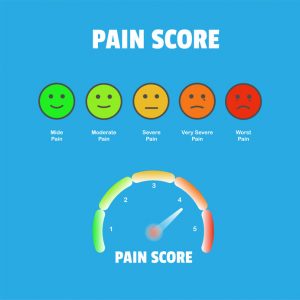
At the Activate fellowship program, last week’s topic was the product-market fit and value proposition: How do we convince the VP to pay for our product? Among many amazing entrepreneurship programs at accelerators and business mentorship programs, none of them presented the value proposition the way the Activate fellowship program panel did. The panel’s take on presenting the value proposition was very different! Keep reading
Dr. Kaplan selected for the 2021 ISCE Applied Chemical Ecology Award
Dr. Kaplan is honored to be selected to receive the 2021 Applied Chemical Ecology Award from the International Society of Chemical Ecology.
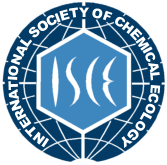
This award recognizes a significant contribution in developing novel semiochemical-based technologies for advancing practical applications in chemical ecology. “Nematode pheromones for eco-friendly, sustainable agricultural pest control in the soil”
As part of the award, I will deliver a lecture at the 2022 Annual ISCE meeting (Putrajaya, Malaysia). Please join me at the 2022 ISCE meeting in Malaysia.
We thank the Applied Chemical Ecology Award sponsors (APEX BAIT Technologies, Inc. and Pherobio Technology Co. Ltd).
Farming with regenerative agriculture: A day at the Bottens Family Farm
Reimagining regenerative agriculture. It was amazing to see how regenerative agriculture was practiced on a farm at the Bottens Family Farm, Moline, IL. The Bottens family has five generations of experience with all kinds of farming practices. They understand firsthand that soil health is important for improved crop yield. Monte Bottens, the current farmer, is a long-term thinker, like 50 years ahead. He really cares about the farms’ soil health and uses farming practices that nurture topsoil and its microbiome. Among these practices is no-till farming. Tilling encourages erosion and soil loss, and it can take 15–20 years to bring the topsoil back to health and make it productive again. Keep Reading

